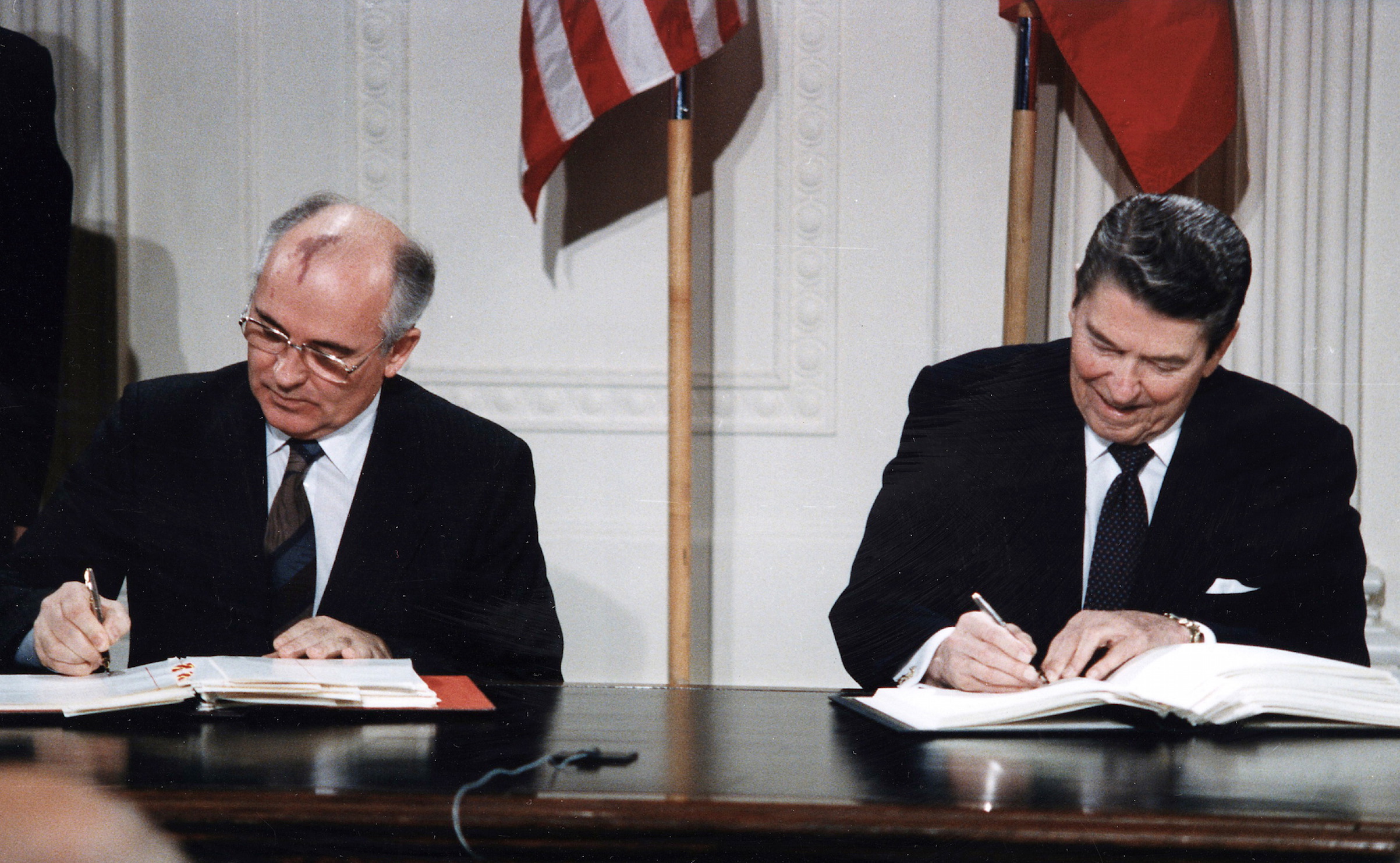At the meeting, Deputy Director-General, IISS, Dr Kori Schake explained the US reasons for announcing its intention of withdrawing from the INF Treaty. She recalled that the United States had not yet formally withdrawn, merely stated that it intended to do so, explaining that Defence Secretary Mattis believes the decision has still not been made. However, she noted that the question remained: ‘what might bring Russia back into compliance with the Treaty?’. The new US nuclear sea-launched cruise missile announced in the NPR had little effect on Russia’s strategic calculus. Dr Schake suggested that, before withdrawing, the US should other exhaust options such as: persuading the Chinese to join the Treaty; securing greater public assistance from NATO allies in ensuring Russian compliance; ‘regionalising’ the Treaty to only ban the deployment of intermediate-range missiles in Europe; restricting the Treaty to only nuclear missiles; or dramatically increasing inspections related to the Treaty.
Former Head of Policy at the MoD, Desmond Bowen articulated the impact of leaving the Treaty in terms of Alliance solidarity, the saliency of nuclear weapons and regional stability. He noted that Trump’s decision, taken without consultation with Allies, undermined NATO solidarity. In terms of saliency, Mr Bowen described the way in which Trump’s actions lowered the threshold for nuclear use and exacerbated mutual fears that the US and Russia would countenance nuclear ‘warfighting’. He outlined the risks of nuclear brinkmanship and suggested that the absence of the INF Treaty could undermine strategic stability and lead to a new nuclear arms race. He echoed Dr Schake in stating that US proposals to develop new nuclear weapons had done little to bring Russia back into compliance. It was not clear whether Washington wanted Russian compliance with the INF Treaty or the ability to develop new nuclear weapons.
Dr Katarzyna Kubiak, Policy Fellow at the ELN highlighted a number of negative impacts of US withdrawal. First, leaving the Treaty would not bring Russia into compliance; second, the decision would remove the US’ legal basis for pressuring Russia through verification measures and sanctions; third, Russia would be allowed to build new INF-violating systems unconstrained; fourth, it was unlikely that European allies would host ground-launched missiles; fifth, it could exacerbate tension in Ukraine by freeing up Ukraine to develop intermediate-range missiles; and finally, it could damage the credibility of the step-by-step process. She argued that it was incumbent on European governments to defend the Treaty, but emphasised the difficulty of trying to convince both Washington that Europeans do not support its decision to withdraw and convince Moscow that they may deploy missiles if compliance concerns remain unresolved. She suggested that NATO could allow Russian to inspect BMD systems that Russia accuse of violating the Treaty, to assuage Russian concerns and promote greater transparency.
The speeches were followed by a wide-ranging discussion on the INF Treaty, the nature of US and Russian accusations, and the impact of the Treaty’s demise would have for NATO, bilateral arms control, including the extension of New START, and the wider non-proliferation regime. Chair of the APPG, Lord Hannay noted the impact of the lack of consultation on Alliance solidarity; European countries were concentrating on persuading the United States not to withdraw rather than pressing the Russians to comply with the Treaty.
Image: White House – The Ronald Reagan Library

